Across social media and our poll, you answered in your thousands. And the resounding answer was: yes, to starting school at six.
Last week, we asked for your views on a proposal to replace Primary One with another year of play-based learning.
SNP members are due to debate the plan at their Aberdeen conference in October.
Taking inspiration from high-performing Scandinavian countries, the proposal is to introduce a play-based ‘kindergarten’ for kids aged three to six.
It was put forward by SNP policy convener Toni Giugliano, who said the P&J poll results show widespread support for starting school at six.
“I would urge the Scottish Government to heed the views of parents, teachers and experts and start laying the groundwork for this transformative policy,” he said.
The results are in
Our poll asked readers what you think of the plans, and 1,352 people voted.
Of those, a massive 1,044 said yes to starting school at six. That’s a support rate of 77%.
On the flip side, nearly 17% (228 votes) said the current school starting age feels about right.
Eighty people said they’re undecided, and would like more information.
More time for play
Across our social media channels, those in support of starting school at six said we should let kids be kids.
A common theme was the need for more play-based learning. Hazel McPherson said:
“It is not starting school age that is the problem… it is the inappropriate curriculum that has cut out play. Play is a young child’s work and through structured play they learn the skills for the more formal curriculum.”
Lots of parents also discussed ‘deferral’. Because Scottish schools only have one intake in August, children with winter birthdays often start school at 4.5. Many parents want the option to ‘defer’ starting for an extra year – often referred to as an ‘advantage’ year. But not all councils will fund this, giving rise to the Give Them Time campaign.
Reader Rachel Skene says she’s worked in pre-school for 30 years and has seen the benefits of deferring starting school:
“Educationally, emotionally, & socially children are more mature & ready for school from age 5-6 rather than age 4. Why there is such a rush to have children in school I don’t know. Let them learn through play rather than pushing them into formal learning.”
Lind Sey Williamson agreed, adding that six-year-olds are better able to sit and concentrate.
“There is never a hard and fast rule for all children but play is a huge part of early education and I think it would take a lot of pressure off children who are so called later starters when actually they are just kids!”
Are we holding on to the past?
In last week’s article, David Ashford of Upstart Scotland said it’s time to modernise our approach to education.
“They [opponents] are clinging on to old adages and falsehoods that have perpetuated for centuries,” he said. “Formal schooling for young children has its origins in Victorian times when they wanted children pushed aside to get their parents back into the factories.”
Craig Adams took a similar view:
“The 5 year old start has nothing to do with the literacy or numeracy, and is a toxic hangover from the UK’s classist heritage, when children used to start work going up chimneys or whatever.”
He added that the government should scrap the school uniform while they’re at it.
Laura Turriff said the education system worked in the past, but in modern times we don’t know what jobs we’re preparing our children for:
“Hence we need to support them at the earliest stage to develop their creative thinking, problem solving, higher order thinking skills to think out of the box, alongside developing their self-awareness, self-esteem and social skills. All of which are best developed in their early years through quality play based experiences, not rote learning of letters and numbers. 100% support this move.”
What about childcare?
This was a common theme throughout the debate. Some parents said they support starting school at six, but asked what it means for parents.
Will the Scottish Government expand funding for nursery provision? Will parents pick up the childcare tab for shorter days at aged five?
Karen Fisher put it succinctly: “Great, as long as there’s child care available for those families who require it.”
Sylvia Bulman doesn’t live in Scotland but says starting school at six or seven works well in Scandinavian countries.
“Learning to be a little human before being regimented is a great idea. More cheaper nursery provision for working mums and better support until age 2 so they can stay at home is needed. Then we can enjoy our children as babies in a world of change.”
Richard Caves was sceptical:
“A ploy to try and save money, where are all the extra nursery places going to come from?”
Dianne Davidsoon also fears it would lead to cuts:
“Next 3 day weeks. Anything to hide inability to fund and train teachers.”
Louise Martin-thyrs said:
“It would be a great idea, if only we trained, paid and valued our early educators to the same standards as our Scandinavian neighbours and also focused our early learning on rich play experiences. Delaying education without these changes would be a disaster.”
Scotland is not Scandinavia
Many critics of the plan were concerned that starting school at six would do more harm than good, especially for disadvantaged pupils or those with additional support needs.
Kathleen Weetman called it a “madcap idea” and said the authorities need to focus on raising attainment throughout the school system.
Beth Morrison wrote: “Support for ASN children needs to be considered in this. Lots of them are waiting until school to receive adequate help already. Increased funding for one to one support where needed in early years is vital if this is going to work for all kids.”
Rory Luukas pointed to children living in poverty, saying they benefit from starting school early in more ways than education.
“A guaranteed balanced meal, socialising with other children, good role models, structure and rules, time away from toxic households… sadly these are the realities.”
Teacher Steven Heggie says Scotland has far greater deprivation than Scandinavian countries, so the model there can’t simply be imported here.
“Many people can’t afford to have a stay at home parent. Unfortunately many don’t read/write/count or in some cases, even toilet train their kids. In Finland for example, there’s a far broader middle class and this is less of an issue.
“As a teacher, I can see that some young people are struggling to engage and we need curricular overhaul. I feel its scandalous that some young people can leave school with nothing, at the very least it’s a robbery to the taxpayer. It’s not the Xs and Os though, we need to decide as a society that this is important, families and education working together.”
‘Passing this motion in Aberdeen will be the start’
SNP policy convener Tony Giugliano – who fronted the starting at six resolution – welcomed the results of the P&J poll.
“This poll confirms that there’s widespread support for giving every child in Scotland three years of quality, statutory kindergarten and raising the formal school start age to six,” said Mr Giugliano.
He added that the current system is only increasing the attainment gap, and the government needs to focus on play and outdoor learning in the early years.
“We need a culture shift in early years education and passing this motion in Aberdeen will be the start of that process.”
More from the Schools & Family team
North-east exam results show a ‘bumper year’ with increased pass rates
Video: Dedication and commitment pays off for Highland students
Bid to save Aberdeenshire out-of-school club after 300% rent hike threatens future
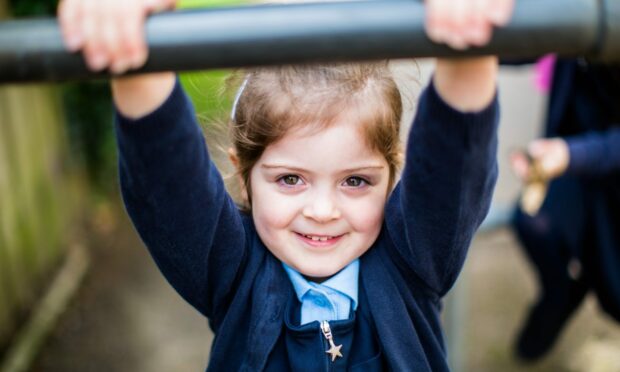
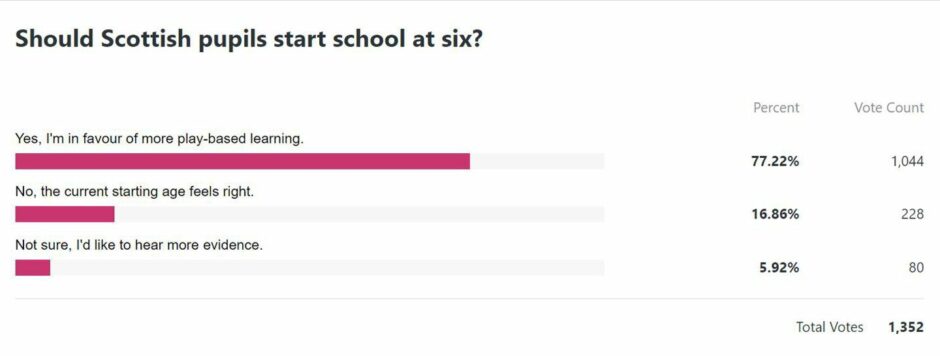

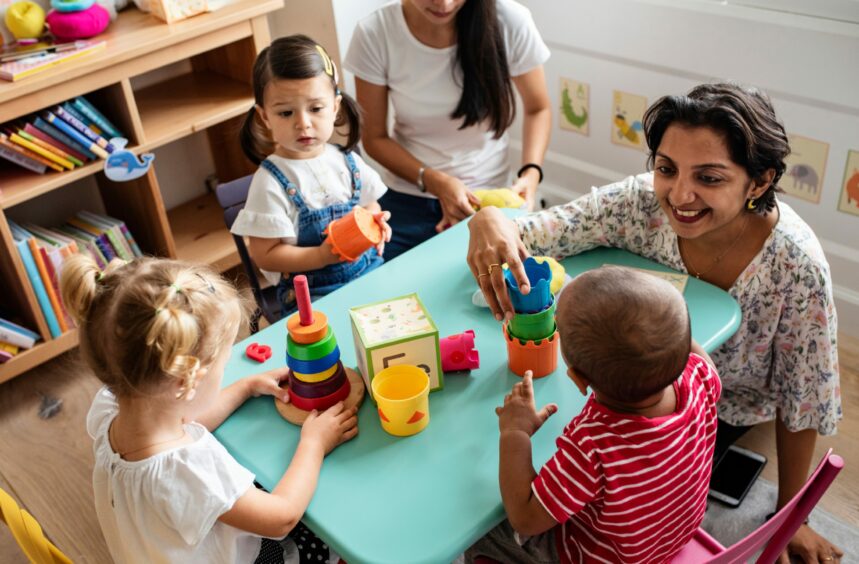
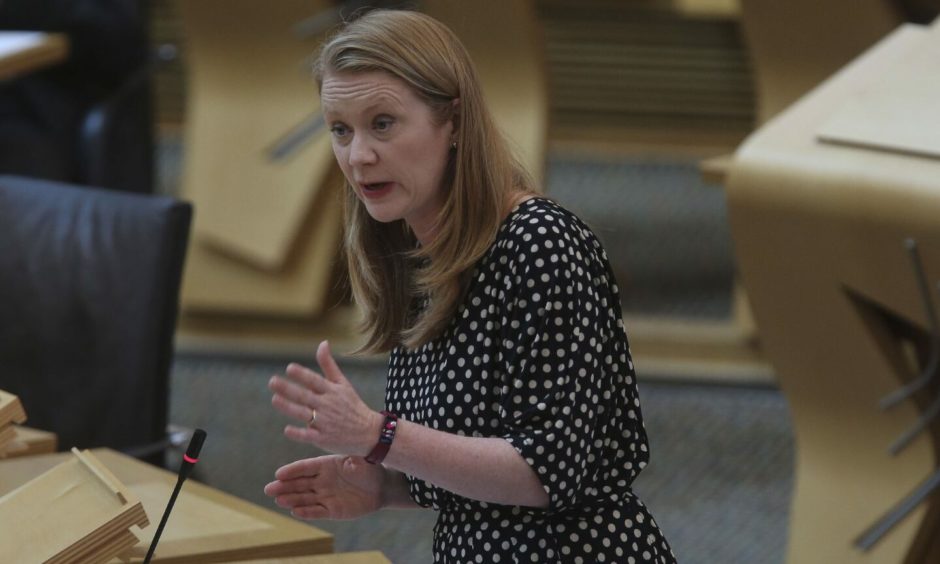
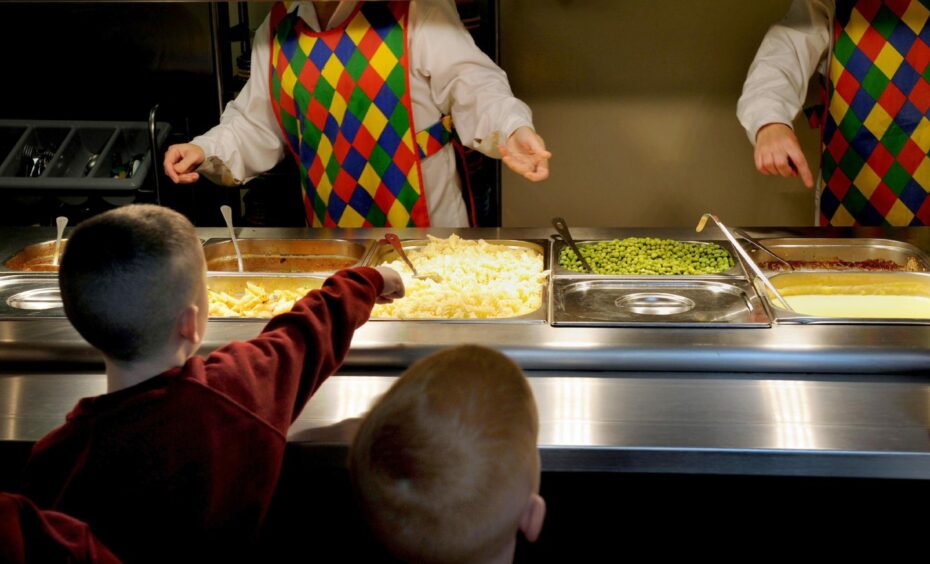

Conversation